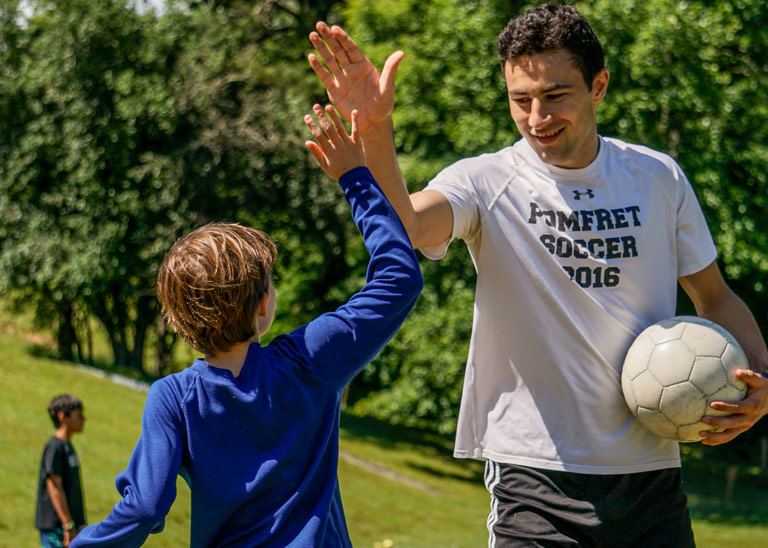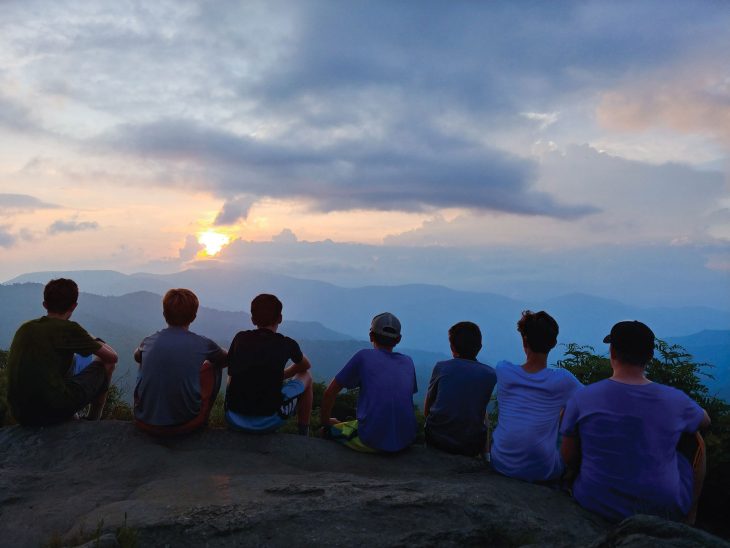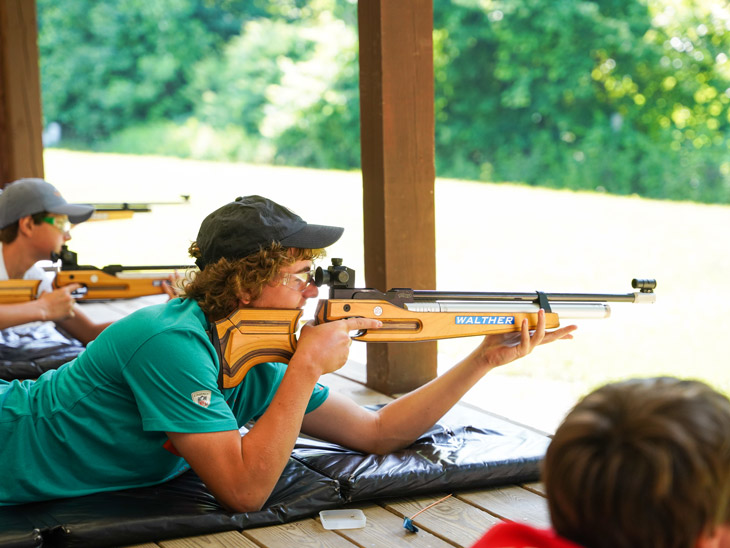What sets High Rocks apart from the rest?
Since 1958, families have entrusted Camp High Rocks with their sons’ summer experiences. Selecting the right camp is a significant decision. Explore further to discover the High Rocks difference.

We intentionally have a low camp capacity so no one gets “lost in a crowd.” Our sessions have approximately 165 campers, while many peer camps host 250-350 campers per session.
At High Rocks, success stems from individual effort, not from being better than someone else. We don’t believe in giving medals or trophies for “best camper” or “most proficient paddler.” Instead, we reward an individual’s effort and skill progression with more challenging and exciting experiences to use the skill they are learning.
All counselors must be college-age or older, and many of our staff are former High Rocks campers. More than just counselors, our staff are role models, mentors, and friends. Our small size allows us to select only the best.


With its mild climate and the stunning Blue Ridge Mountains, Brevard is the perfect summer camp destination. You can also find nationally recognized mountain biking trails, crisp whitewater rivers, and exceptional climbing areas steps away. Brevard makes it easy for our campers to take full advantage of outdoor opportunities.
The staff, facilities, activities, and experience exceed our expectations year after year. Camp allows our boys the chance to gain independence, learn new things, push themselves to make new friends and most importantly have fun!
We focus on progression, teamwork, and individual goals. Campers are surrounded with competition throughout the school year, so High Rocks provides a much needed break without sacrificing any of the fun.

An all-boys experience fosters strong bonds and creates a space where boys can explore and try new things without the fear of failure or societal pressures. This brotherhood cultivates camaraderie and integrity, forming the foundation of our camp program.

High Rocks is an authorized Special Use Permit Holder by the Pisgah, Nantahala, and Sumter National Forests. • Privacy • Site Map • Camp High Rocks © 2025